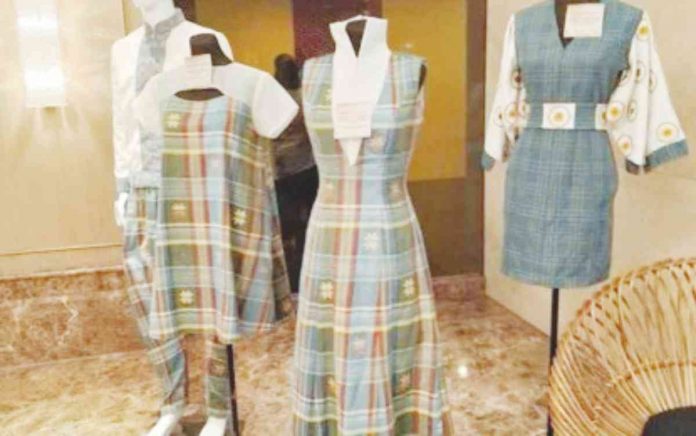
ANTIQUE – A loom weavers group in Bugasong town here started cultivating a model farm as a source of natural dye for handwoven fabric known as patadyong.
The Bagtason Loom Weavers Association (BLWA) led by its chairman, Mario Manzano, said they initially planted indigo, a shrub that can be a source of blue natural dye, in less than a hectare area in Barangay Bagtason on Feb. 13.
The BLWA in Bugasong is now using natural dye on its handwoven fabric.
Manzano said they used to make use of a synthetic dye that they ordered from stores in Metro Manila.
Last November, the Philippine Textile Research Institute (PTRI) trained them on the use of natural dye from plants that can be locally sourced in Antique.
The training was conducted at the Dye Center in Barangay Bagtason through a PHP150,000 fund provided by the National Commission Center for the Arts (NCCA).
“The PTRI is promoting natural dye for it is safe to the skin of the person wearing the fabric, eco-friendly and in order to preserve the culture,” Manzano said, adding “there are actually plants that are just growing anywhere in Antique that when processed could produce natural dye.”
To make sure that they have a ready supply of natural dye, they started their own model farm.
The BLWA was established in 2008 to revitalize the handloom weaving industry in the province of Antique, particularly in Bugasong.
The association has 35 active loom weavers producing the textile and being paid their wages.
They earn around PHP100,000 from the patadyong textile that they sell for PHP700 per meter.
The handwoven fabrics are sewn into dresses, pants, and other clothes.
An exhibit of the fabric, which will run until Feb. 23, is held by the PTRI at the Senate building in Pasay City. The same is also being planned in the House of Representatives. (PNA)/PN



